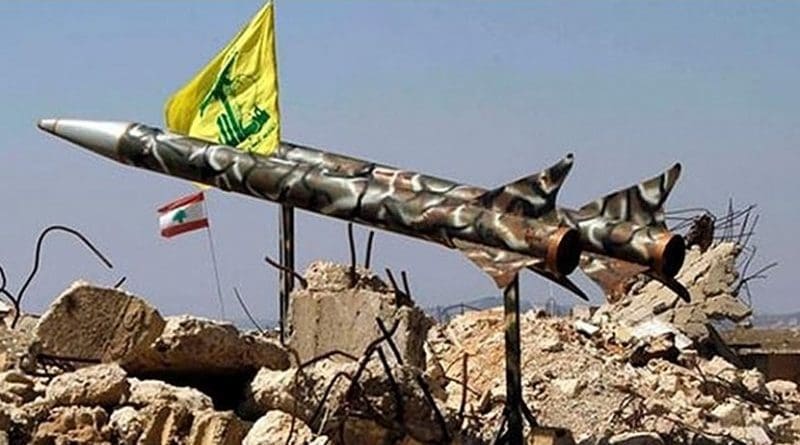Israeli Airstrikes Hit Southern Lebanon
By VOA
Hezbollah militants in Lebanon launched rockets Wednesday at northern Israel in retaliation for Israeli airstrikes that killed seven people in southern Lebanon.
Israeli emergency services said one person was killed by a rocket strike in the border town of Kiryat Shmona.
The Israeli military said its strikes in Lebanon targeted a military building, killing a member of the al-Jamaa al-Islamiya militant group who had promoted terror plots directed at Israel.
Agence France-Presse cited a al-Jamaa al-Islamiya official saying seven people were killed in the village of Hebbariyeh. Lebanese security sources gave Reuters the same toll.
The cross-border violence is the latest exchange to come as Israel carries out its campaign aimed at eliminating the Hamas terror group, a Hezbollah ally, in the Gaza Strip.
Israel’s military also reported Wednesday conducting ground operations in the area of the Shifa Hospital in northern Gaza, while also carrying out airstrikes and ground fighting in the Khan Younis area in the southern part of the Gaza Strip.
Efforts to bring a temporary halt to the fighting, with proposals that included the release of hostages held in Gaza and a surge of humanitarian aid for Palestinian civilians, appeared no closer to reality even after a U.N. Security Council resolution demanding an immediate cease-fire.
Indirect talks featuring negotiators from the United States, Egypt and Qatar went on for weeks, and while officials signaled some progress during the process, the Israeli and Hamas sides this week have shown no movement toward an agreement.
A senior Israeli official told Reuters Tuesday that Israel had recalled its negotiators from Qatar after reaching “a dead end” in talks to release the more than 100 hostages still being held by Hamas. Israel believes more than 30 other Israelis taken on Oct. 7 have died. That followed Israeli Benjamin Netanyahu calling proposals from Hamas “delusional demands.”
Hamas officials said Monday they told negotiators Hamas would not alter its proposal that includes a full Israeli withdrawal from Gaza and an exchange of hostages held in Gaza for prisoners held by Israel.
In Tel Aviv, about 300 family members of hostages and their supporters gathered Tuesday outside the Israeli defense headquarters demanding a deal be reached on releasing the hostages. Some at the protest locked themselves inside cages and held placards with photos of their loved ones.
The war started with the Oct. 7 Hamas terror attack on Israel that killed 1,200 people according to Israeli tallies and led to the capture of about 250 hostages. More than 100 were released in November during a temporary cease-fire.
The health ministry in the Hamas-run Gaza Strip says more than 32,400 people have been killed during Israel’s counteroffensive. The total includes Hamas fighters and civilians, with the ministry saying two-thirds of the dead are women and children.
Also on Tuesday, the U.N.’s top Middle East envoy, Tor Wennesland, briefed the council at its regular meeting on its 2016 resolution on the illegality of Israeli settlements in occupied Palestinian territory, including East Jerusalem.
From Dec. 8 to March 18, Wennesland said, Israel has advanced or approved more than 5,000 housing units in the occupied West Bank and East Jerusalem. Additionally, 300 Palestinian-owned buildings were demolished.
“I remain deeply troubled by the relentless expansion of Israeli settlements in the occupied West Bank and East Jerusalem,” he told the council in a briefing from Jerusalem. “The ever-expanding settlement footprint, including outposts, further entrenches the occupation, while severely impeding the exercise by the Palestinian people of its right to self-determination.”
VOA U.N. Correspondent Margaret Besheer and White House Correspondent Anita Powell contributed to this report.

